NIH
-

Anthrax bacteria’s signaling systems
Vanderbilt researchers have identified a new signaling system that anthrax bacteria uses to infect its host. Read MoreApr 15, 2014
-
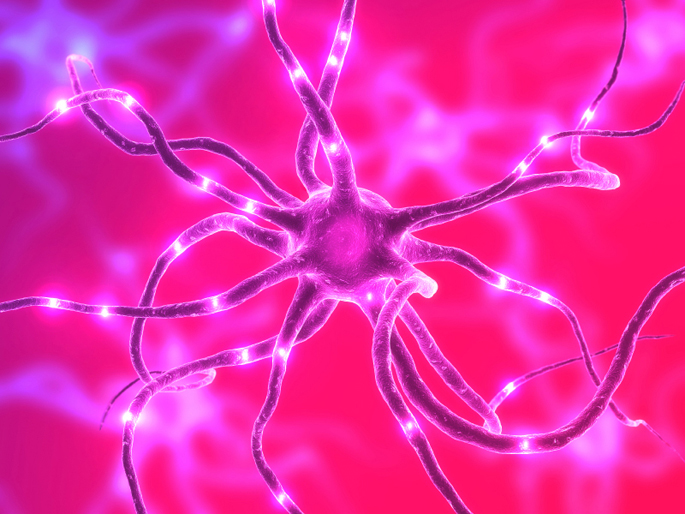
Myelin junctions key to conduction
A protein in the myelin coating on nerves helps form a “seal” that enables effective nerve conduction; loss of the protein causes inherited neuropathies. Read MoreApr 11, 2014
-

Matrix remodeling and insulin resistance
The extracellular matrix that surrounds cells plays a role in the development of insulin resistance. Read MoreApr 10, 2014
-
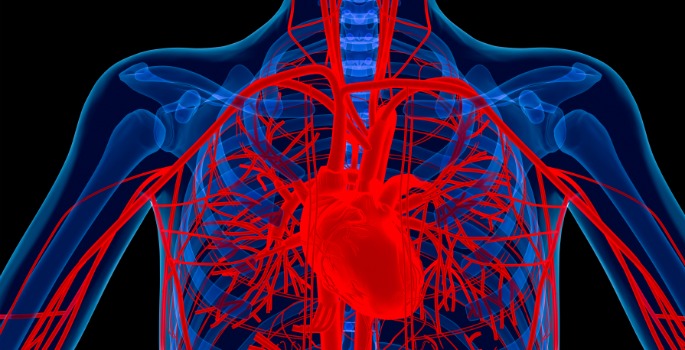
Development and disease in the aorta
Smooth muscle cells that line the aorta differ in development but not in the adult, a finding that has implications for understanding aortic development and disease. Read MoreApr 2, 2014
-
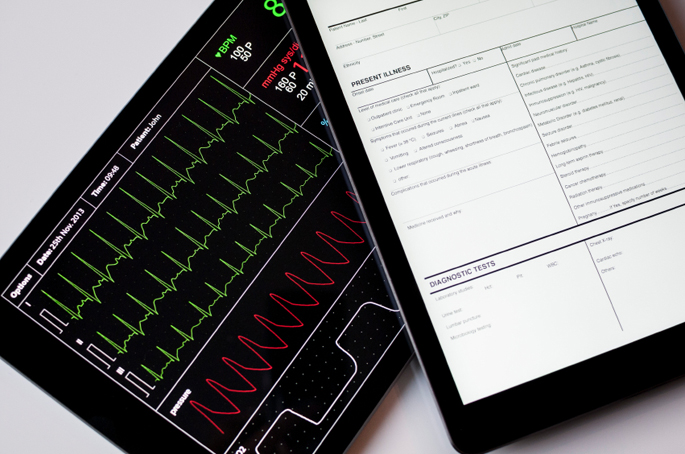
E-records shed light on drug response
Electronic medical records linked to DNA biobanks are a valid resource for defining and understanding the genetic factors that contribute to drug response. Read MoreMar 31, 2014
-

Mapping brain circuitry
Vanderbilt investigators have used two types of neuroimaging to establish a “map” of connections for a brain region important in anxiety and addiction. Read MoreMar 28, 2014
-

Flu boosts pneumococcal colonization
Influenza and parainfluenza infections – but not other respiratory viruses – increase the risk of acquiring pneumococcal bacteria, the most common cause of severe pneumonia. Read MoreMar 27, 2014
-

Electric “thinking cap” controls learning speed
Vanderbilt psychologists show it is possible to selectively manipulate our ability to learn through the application of a mild electrical current to the brain, and that this effect can be enhanced or depressed depending on the direction of the current. Read MoreMar 21, 2014
-

Delirium increases long-term disability
Patients who suffer a longer duration of delirium in the intensive care unit are more likely to experience long-term disability after discharge. Read MoreMar 17, 2014
-

Protein boosts retinal neuron survival
An ion channel protein called TRIPV1 helps retinal neurons survive the elevated eye pressure associated with glaucoma. Read MoreMar 14, 2014
-

A new way to target cancer-driver Ras
Vanderbilt researchers have discovered small molecules that turn off cancerous Ras signals in a new way. Read MoreMar 13, 2014
-

Web tool speeds pulmonary hypertension discovery
The pulmonary arterial hypertension knowledgebase (PAHKB), developed by Vanderbilt researchers, provides a useful tool for identifying PAH-related genes and signaling pathways relevant to pathogenesis. Read MoreMar 5, 2014
-
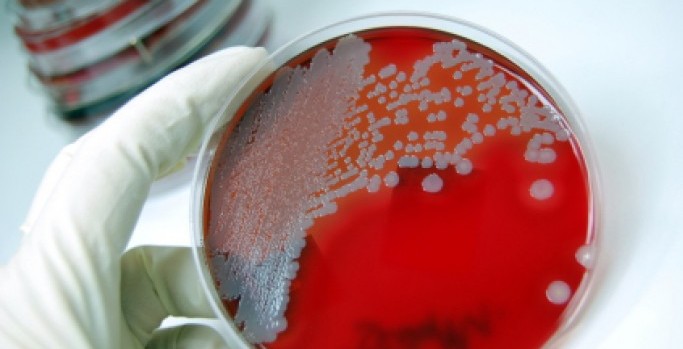
Dismantling staph’s drug resistance
Targeting the enzyme FosB could make antibiotic-resistant staph bacteria sensitive to the antibiotic fosfomycin. Read MoreMar 3, 2014
-

Imaging guides Alzheimer gene search
Using imaging data, Vanderbilt researchers discovered an association between a gene pair and brain changes in Alzheimer’s disease. Read MoreFeb 28, 2014
-
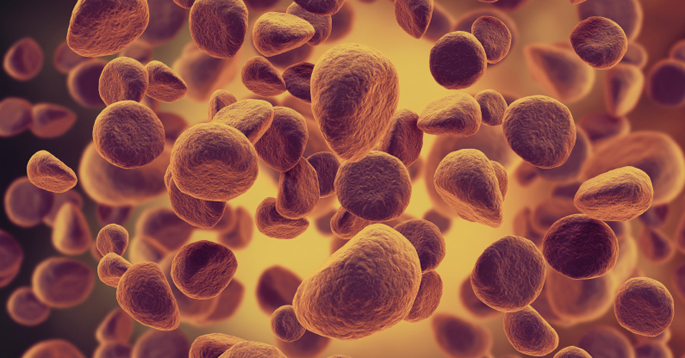
Probing the pathogenesis of leukemia
A new mouse model reveals gene clusters important in a treatment-resistant form of leukemia. Read MoreFeb 27, 2014
-
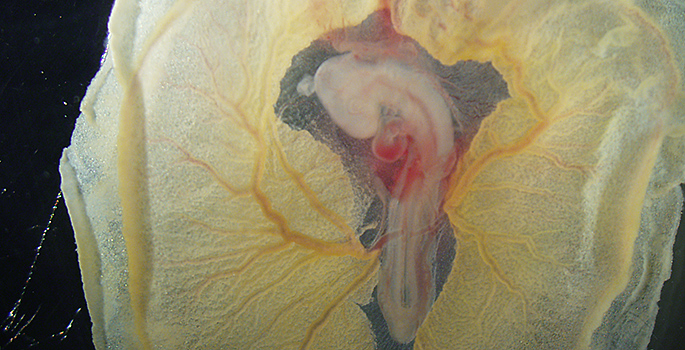
Baby hearts need rhythm to develop correctly
The mechanical forces generated by the rhythmic expansion and contraction of cardiac muscle cells play an active role in the initial stage of heart valve formation. Read MoreFeb 18, 2014
-

Obesity sends immune cells to the brain
Obesity causes peripheral immune cells to move to the brain, where they may contribute to inflammation and the pathophysiology of obesity. Read MoreFeb 12, 2014
-

Keeping the beat after heart surgery
Variation in the gene for the beta-1 adrenergic receptor increases the risk that a patient will have an abnormal heart rhythm after cardiac surgery. Read MoreFeb 10, 2014
-
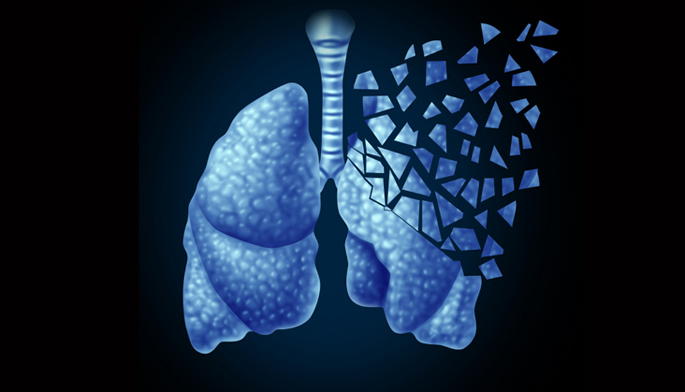
New direction for treating lung cancer
Targeting the production of molecules that promote tumor blood vessel development offers a new path for treating lung cancer. Read MoreFeb 7, 2014
-

Antioxidants promising for rare disorder
The antioxidant vitamin E prevented the buildup of toxic products in a model of a rare genetic disorder, suggesting new strategies for therapeutic development. Read MoreFeb 6, 2014